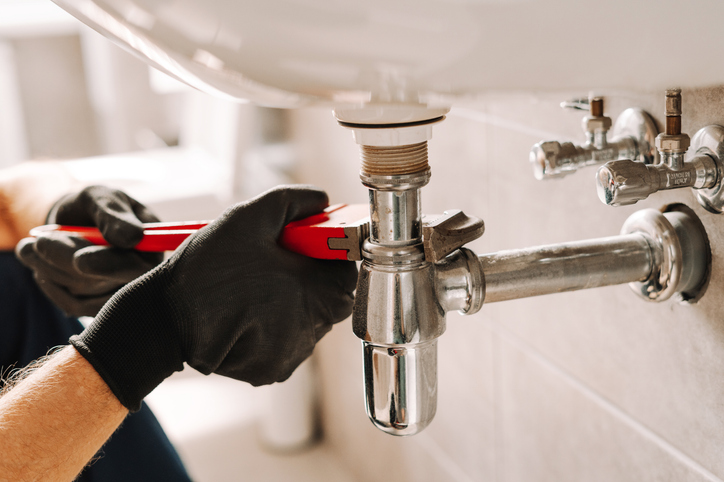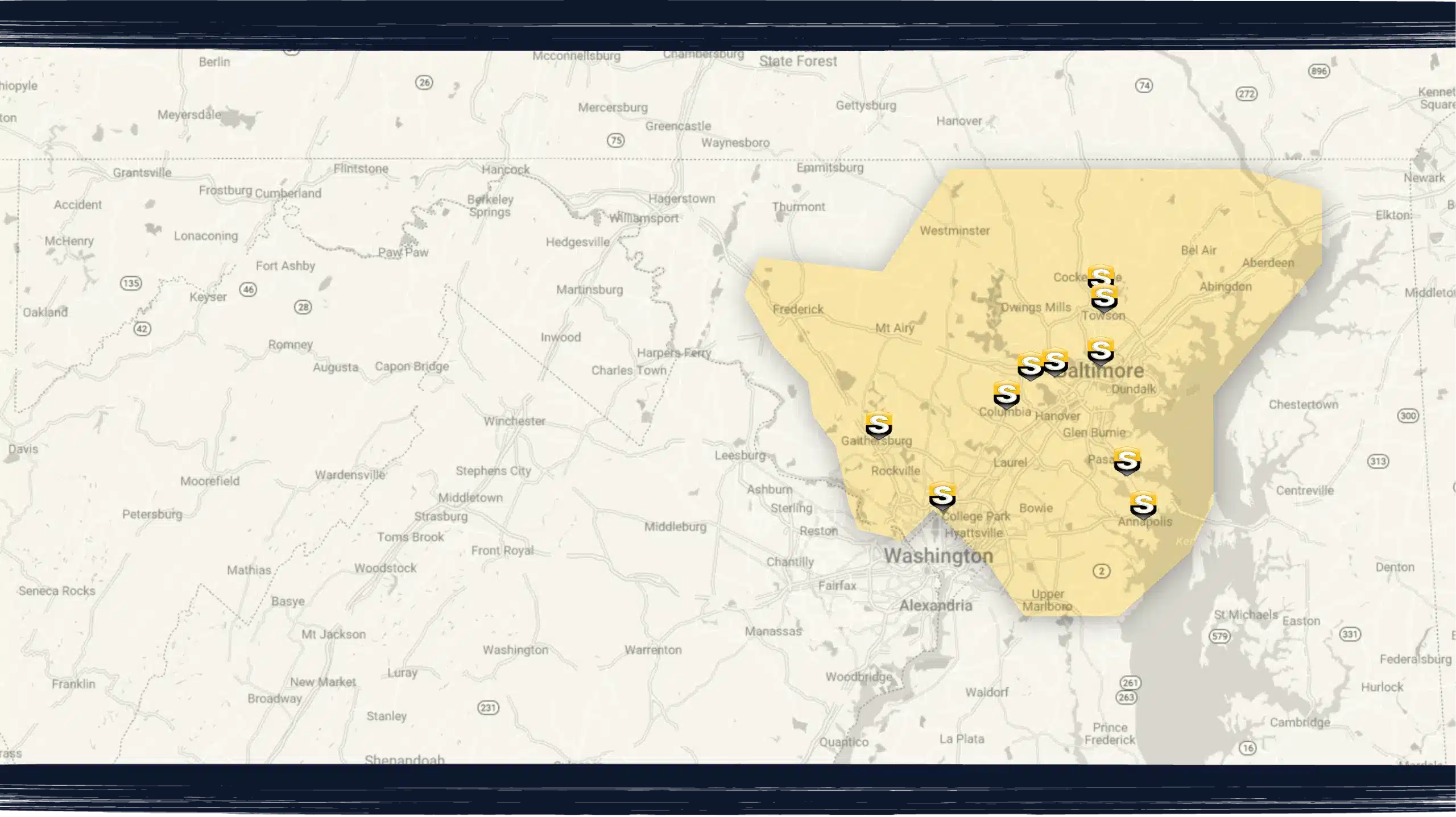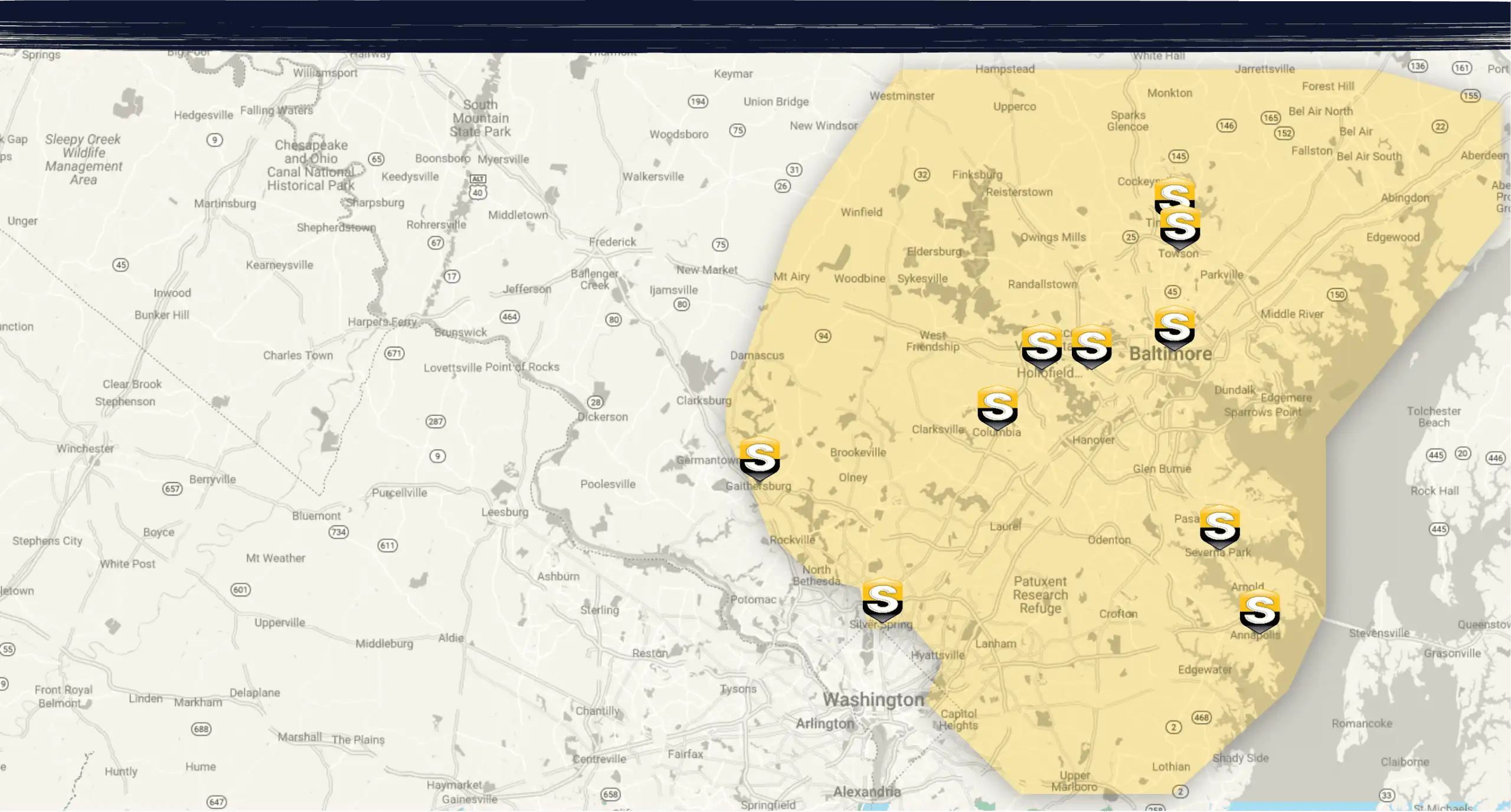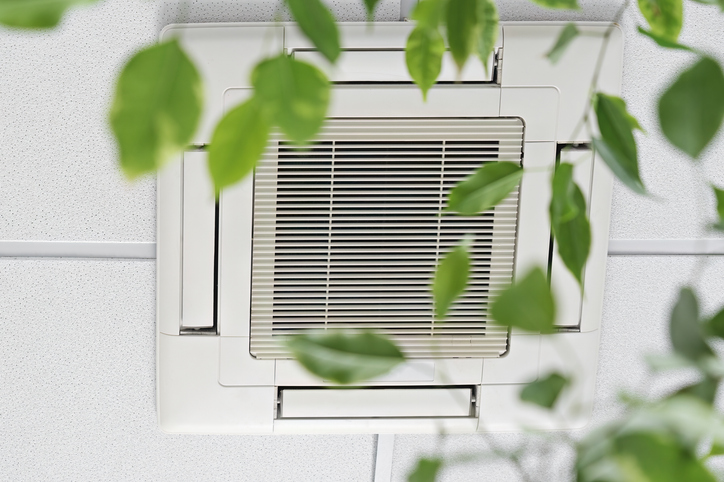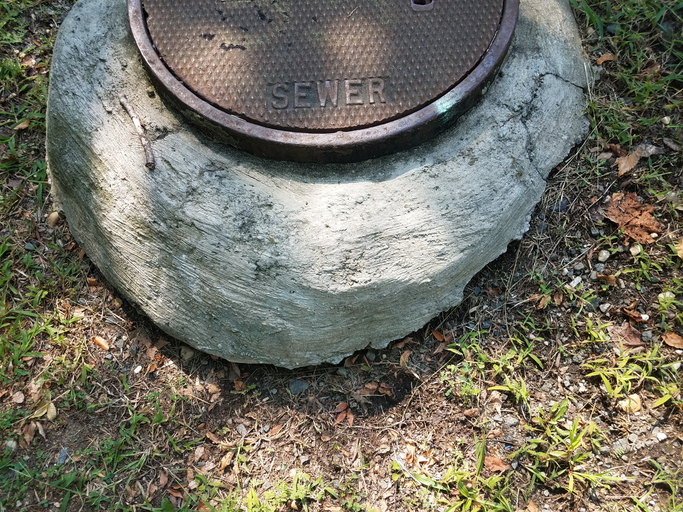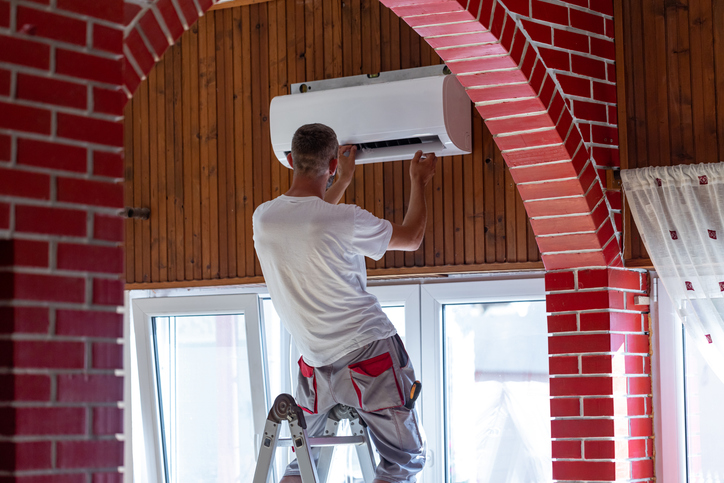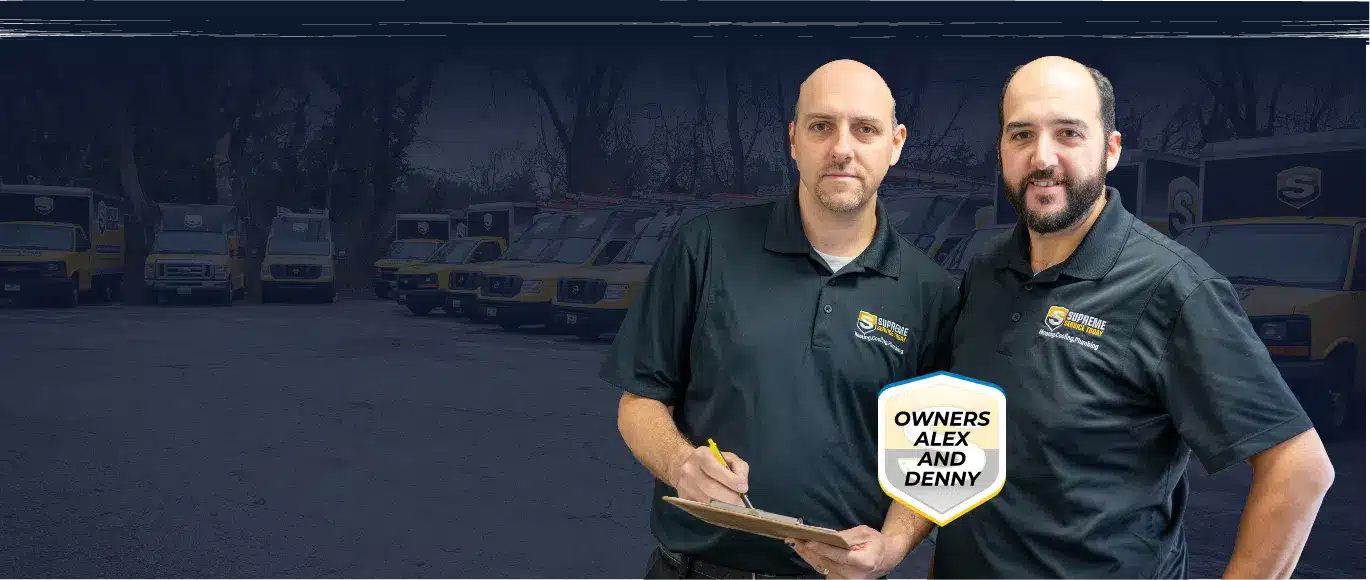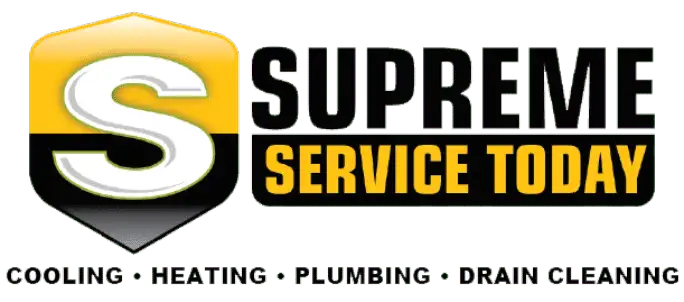Gas lines are an integral part of residential and commercial properties, supplying fuel for cooking, heating, and other essential functions. However, installing and repairing gas lines requires expert knowledge and precision. Unlike standard plumbing work, gas line services involve significant safety risks, including leaks, explosions, and potential health hazards. A professional plumber ensures safe and efficient gas line installation and repairs, preventing dangerous consequences and ensuring compliance with local codes. Homeowners and business owners should always rely on certified professionals to avoid costly mistakes and enhance safety.
1. Expertise and Licensing Requirements
Experts specializing in gas line installation undergo extensive training and certification. Handling gas pipes requires knowledge of pressure regulation, pipe materials, and proper sealing techniques. Licensed professionals ensure installations meet local building codes and national safety regulations. Hiring a certified technician guarantees that the job is done correctly, reducing the risk of future issues.
Unlicensed or inexperienced individuals attempting gas line work may create dangerous situations. Improper installation can lead to gas leaks, fire hazards, and inefficient energy usage. Certified experts have the training to assess the environment, select the right materials, and complete the job safely. Many states require specific permits and inspections for gas line work, which only licensed professionals can obtain.
2. Safety Considerations in Gas Line Work
Gas leaks can be hazardous, leading to fires, carbon monoxide poisoning, and explosions. A skilled technician uses specialized tools to detect leaks, properly seal connections, and conduct safety tests. They ensure that all fittings, joints, and pipes are securely installed, reducing potential hazards. Attempting DIY gas line work increases the risk of dangerous leaks, making professional assistance essential.
Safety measures involve using pressure tests to confirm no leaks exist before completing an installation. Plumbing technicians also ensure adequate ventilation in gas line systems, particularly in confined spaces where gas accumulation could lead to fatal consequences. Professionals are well-versed in handling emergency shutdown procedures and minimizing risks if something goes wrong.
3. Compliance With Local and National Codes
Gas line installations and repairs must comply with local building codes and industry standards. A professional understands the regulations governing gas line placement, venting requirements, and pipe sizing. Non-compliance can result in fines, failed inspections, or the need for costly corrections. By hiring a qualified technician, homeowners ensure their gas lines meet all necessary codes and pass inspections.
Regulatory compliance is especially crucial in commercial properties, where incorrect gas line installations can lead to legal liabilities. They stay updated on changing codes and regulations, ensuring the work remains up to date with safety requirements. Insurance companies often require certified gas line installation for policy coverage, making professional work even more valuable.
4. Proper Tools and Equipment for Gas Line Work
Gas line installation requires specialized tools that the average homeowner may not possess. Professional plumbing personnel use pressure gauges, pipe cutters, leak detectors, and thread sealants designed for gas systems. These tools enable precise installations and effective repairs, minimizing the risk of faulty connections. Without the right equipment, even minor mistakes can lead to dangerous leaks.
In addition to standard plumbing tools, professionals use advanced diagnostic devices, such as infrared gas leak detectors, to identify hidden leaks that may not be immediately apparent. They also employ specialized wrenches and pipe threaders to ensure durable, tight-fitting connections. Without access to these tools, DIY attempts at gas line work can be both ineffective and unsafe.
5. Identifying and Repairing Gas Leaks
Detecting gas leaks early is crucial to preventing health risks and property damage. Professionals use advanced leak detection techniques, such as gas sniffer devices and pressure testing, to identify leaks before they become hazardous. They also ensure proper ventilation and promptly address any issues, providing peace of mind to homeowners.
Gas leaks can lead to severe consequences, including explosions, if exposed to open flames or electrical sparks. Carbon monoxide poisoning is another significant risk associated with gas leaks. Symptoms include headaches, dizziness, nausea, and confusion, which can be life-threatening if left unchecked. Professional plumbing technicians follow strict procedures to locate and repair leaks, ensuring complete system safety.
6. Preventing Future Gas Line Issues
Routine maintenance and timely repairs help prevent future gas line issues. They conduct regular inspections, checking for corrosion, leaks, and weak connections. They also advise homeowners on best practices for maintaining gas lines, such as avoiding physical damage and scheduling annual check-ups. Preventative care extends the lifespan of the gas system and ensures continuous, safe operation.
Preventative measures include checking gas shut-off valves for proper functionality, inspecting gas appliances for leaks, and verifying ventilation efficiency. They also educate homeowners on signs of gas line distress, such as unusual odors, hissing sounds, or an unexplained increase in gas bills. Addressing these concerns early can prevent expensive repairs and dangerous situations.
7. Cost-Effectiveness of Professional Services
While hiring an expert for gas line installation or repairs may seem like an added expense, it can save money in the long run. Improper installations can lead to costly repairs, gas leaks, or property damage. Professional services ensure efficiency, reducing the likelihood of repeated issues and improving energy consumption. A well-installed gas line operates more effectively, lowering utility costs over time.
Additionally, insurance claims for property damage due to gas leaks may be denied if a licensed professional has not performed the work. Investing in expert gas line services prevents liability issues, protects property value, and ensures long-term savings.
8. Emergency Gas Line Repairs
Gas leaks and sudden line failures require immediate attention. Professional plumbing experts offer emergency services, responding quickly to address urgent gas line issues. They shut off the gas supply, assess the damage, and perform necessary repairs to restore safety. Having a trusted technician available for emergencies ensures a prompt resolution, minimizing risks to occupants and property.
Emergency response teams use state-of-the-art leak detection and repair technology to resolve issues swiftly. In many cases, they work alongside gas utility providers to shut off affected areas, ensuring a coordinated approach to gas leak management. Quick action can prevent fires, explosions, and health hazards, making emergency services invaluable.
A plumber is essential for gas line installation and repairs due to their expertise, licensing, and specialized tools. Gas lines must be installed and maintained with precision to prevent leaks, ensure compliance, and promote safety. Professionals provide reliable services, from initial installation to emergency repairs, making them a vital resource for homeowners and businesses. Prioritizing expert assistance ensures peace of mind, efficiency, and long-term safety for any gas system.
Do you need a trusted plumber for safe gas line services? Supreme Service Today offers expert installation and repairs. Call us now at (410) 788-1114 for reliable, code-compliant solutions that keep your home safe!



